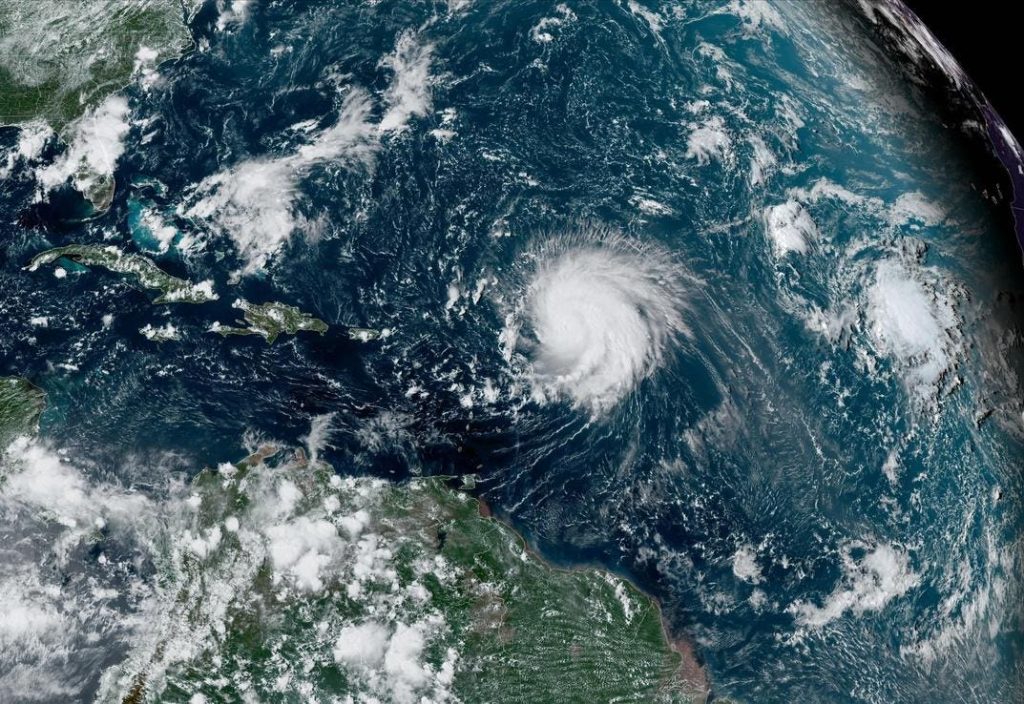The Colorado State University’s Department of Atmospheric Science has released a report forecasting an “extremely active” hurricane season for 2024. The report predicts 23 named storms, 11 hurricanes, and five major hurricanes with wind speeds reaching Category 3, 4, or 5 between June 1 and November 30 of this year. Several factors, including transitioning weather patterns and record-high water temperatures in parts of the Atlantic Ocean, are contributing to this prediction.
For homeowners, the recent forecast could have financial implications. Many Florida homeowners are already facing high home insurance costs following Hurricane Ian in 2022. However, Scott Popilek, managing director for Risk Strategies, believes that homeowners should not panic just yet. He explains that while the forecast is taken seriously, it is still early, and home insurance carriers are unlikely to make immediate changes. Popilek warns that if Florida were to experience multiple hurricanes or a Category 5 hurricane hitting a major area, it could put stress on the home insurance market, potentially leading to rate increases and carriers pulling out of the state.
To prepare for the upcoming hurricane season, homeowners in hurricane-prone areas should review their insurance coverage. Mark Friedlander from the Insurance Information Institute recommends conducting a policy review with an insurance agent to identify gaps and make necessary adjustments. It is crucial to ensure you have enough coverage to rebuild or repair your home, replace its contents, and cover temporary living expenses if necessary. Homeowners should also consider additional coverage such as flood insurance, which is not typically included in standard home insurance policies.
Creating a home inventory is another important step homeowners can take to prepare for a hurricane. This involves documenting valuables, taking photos, and recording details of each item’s worth, purchase date, and other relevant information. Storing this information on the cloud ensures it can be accessed from anywhere in the event of a disaster. Homeowners should also protect their vehicles with optional comprehensive auto coverage to safeguard against damage caused by hurricanes or other incidents.
Investing in home resiliency measures such as roof tie-downs, wind-rated garage doors, storm shutters, and hurricane windows can help protect homes during a storm. Sarah Dillingham, a senior meteorologist, recommends having roofs inspected annually to ensure they can withstand high winds. Re-roofing to the FORTIFIED standard, which prevents damage from winds up to 130 mph, can provide added protection. Additionally, homeowners should secure gutters, downspouts, soffits, and trim trees to prevent damage during high winds. Taking proactive steps to prepare properties ahead of hurricane season can help reduce potential damage.


